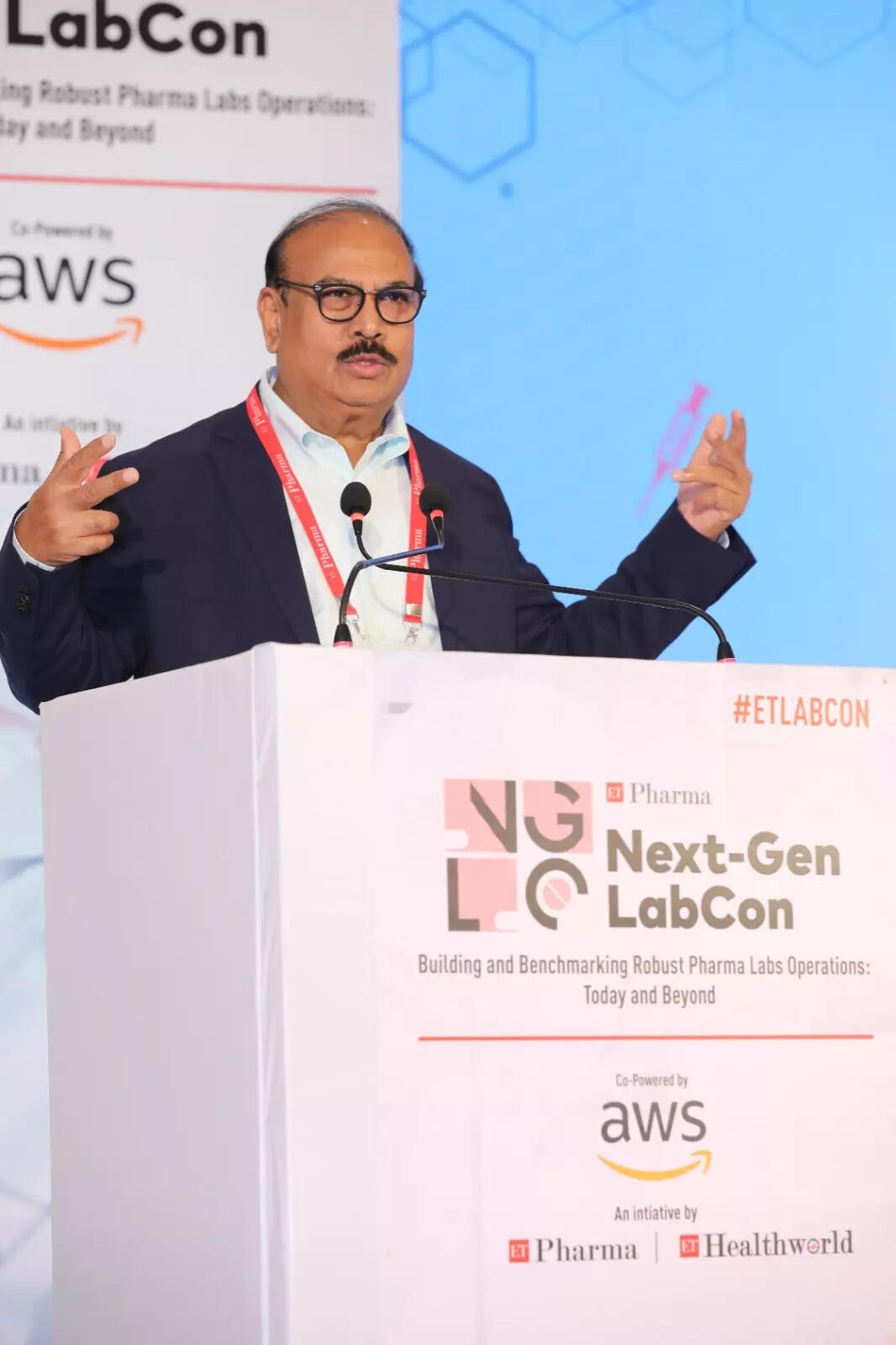India's potential in laboratory furniture manufacturing needs Made-in-India touch: Dr Krishna Ella
In terms of India's progress, Dr Krishna Ella advocated for an increased focus on laboratory furniture manufacturing, an area wherein the country possesses significant potential for growth. He urged Indian startups to embrace ML as a strategic tool for advancement.
During his enlightening speech, Dr Ella emphasised the crucial pillars of Hyderabad's success story, which encompassed the fields of pharmaceuticals, biotechnology, vaccines, medical devices, and Information Technology. He drew attention to a noteworthy illustration from a Nature publication that showcased the transformative power of digitalisation in the medical field. The publication highlighted a scenario where radiology reports for breast cancer were being evaluated by two radiologists. Utilising artificial intelligence (AI) and machine learning (ML), a single radiologist's expertise was found to be sufficient, backed by a successful clinical trial in the UK. This instance underscored the potential of leveraging technology to streamline processes and improve efficiency in the medical realm.
In terms of India's progress, he advocated for an increased focus on laboratory furniture manufacturing, an area wherein the country possesses significant potential for growth. He urged Indian startups to embrace ML as a strategic tool for advancement. Comparing it to the successes of Chinese and Korean industries, he stressed the importance of localised production and innovation. Dr Ella also spoke about the opportunity for India to reduce import dependence and foster a robust ecosystem of localised production in various sectors, mirroring the progress achieved by China in DNA sequencing and proteomics equipment.
Dr Ella's address also delved into digitalisation, which he identified as a major advantage for burgeoning start-ups. He urged young entrepreneurs to harness the power of AI to pave the way for innovative solutions in healthcare and related fields.
In his closing remarks, he shared a visionary perspective, urging the audience to embrace calculated risks and unleash the power of imagination. He encapsulated his message in a call to action, encouraging the audience to step beyond their comfort zones and envision a future where Indian innovation leads the charge against global health challenges.



COMMENTS
All Comments
By commenting, you agree to the Prohibited Content Policy
PostBy commenting, you agree to the Prohibited Content Policy
PostFind this Comment Offensive?
Choose your reason below and click on the submit button. This will alert our moderators to take actions